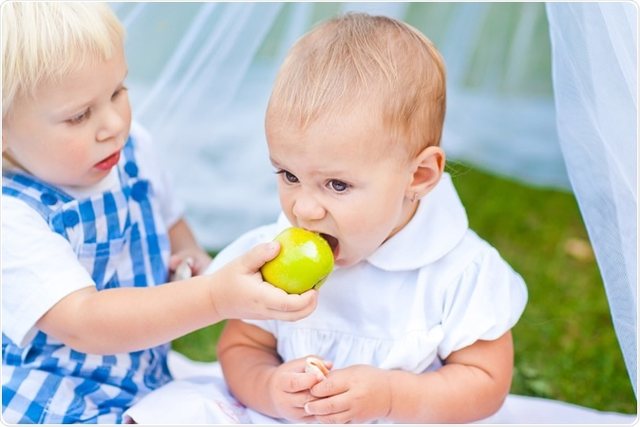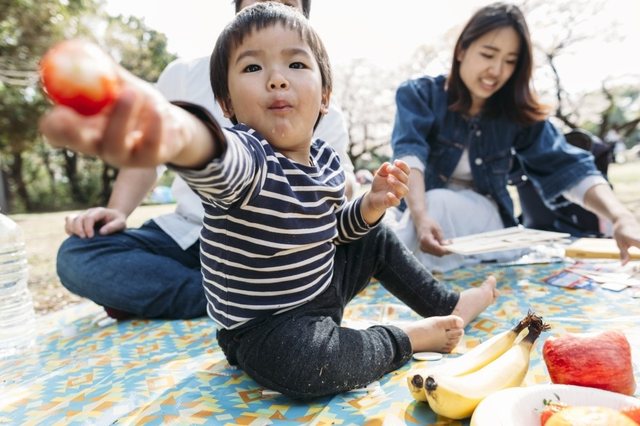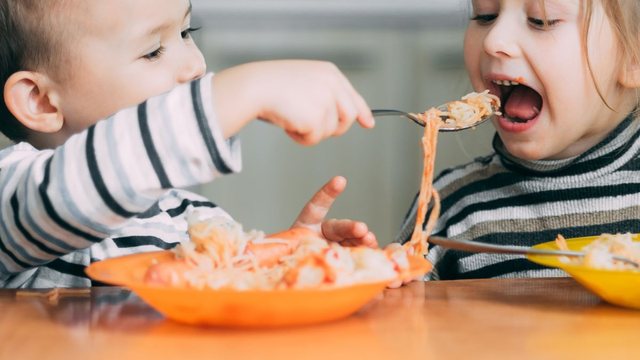
Altruism is a quality that our parents have nurtured since we were young. Probably none of us remember the first time they tried us with the question â?? will you even give me a little? "But years later we realized that the first signs of sharing food, toys, or anything else were altruism.
Studies by the Learning & Brain Sciences institute at the University of Washington have found that the roots of altruism in man appear at a very early age.
The director of the institute, Andrew Meltzoff, said about 100 babies aged 19 months - part of the test - which is normally characterized by "instant rage" - were offered part of the test when offered something to eat. When faced with an adult who shows obvious signs of hunger and " wants to get fruit, " most babies were happy to offer them. Surprisingly, when the same tasting was done around lunch - when babies were more hungry - more than 37% of them did not give up the 'game' to offer fruit to adults instead of eating it themselves.

However, some researchers think this is the essential test of altruism in infants of such an early age. Psychologist Mark Strauss, who heads the University of Pittsburgh's Infant and Child Development Center, said: " We really do not know that the differential behavior between the two groups is about nutrition. Given the fact that children can have not been hungry, there is no real proof that they are altruistic, on the contrary, they are simply useful, " he added.

But author Rodolfo Cortes Barragan, a researcher at the Learning & Brain Sciences Institute, said the results needed further clarification. "Certain family and social experiences exhibit marked differences and other case studies would be necessary to fully understand what maximizes the expression of altruism in young children, " Barragan said. "If we can find out how to promote altruism in our children, it can lead us to a more caring society."
The study was published on February 4 in the scientific journal Scientific Reports.





